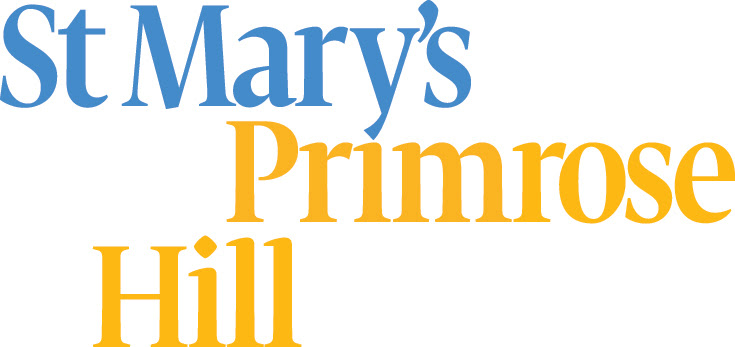30.12.18 - SERMON FOR 1ST SUNDAY AFTER CHRISTMAS - my Father’s house
X How good it is to sing praises to our God, Father, Son and Holy Spirit. Amen.
If you have a chance, take a look at the psalm for today, number 148. It’s a series of reasons to praise God for his amazing creation and his steadfast love for his people. We really need to be reminded of those reasons in this confusing and frankly depressing time. So do read it, and allow yourselves to be a little uplifted. Let the word, as Paul says, dwell in you richly.
Because this has been a fairly unedifying passage in British community life. We have not been forgiving or forbearing, we have hardly even listened to each other. As for love binding all together - if only! I don’t pretend to think that that love is generally the case in politics and this is just a blip - we all know politics is a fairly grimy business and always has been. But the people we employ to know their stuff and work on our behalf - hopefully for our general wellbeing - have got themselves in an almighty mess which, whatever happens, is going to sour everyone’s feelings about our democracy for some time.
In Jesus’ time, despite people being used to various types of tyranny - which usually decides things rather quickly - those in charge got themselves in a similar fix over what to do about him. The temple authorities wanted one thing (with a few dissenters who wanted to let him go) while Herod and the Romans wanted to pass the buck. When you run a plebiscite you can get a shock, as Pilate found. Because, it seems, love is the last thing on most people’s minds when they think collectively.
So, is Paul just being a dreamer, expecting people to do better than that? We need to remind ourselves what can happen: those small acts of kindness from strangers; the everyday goodwill of bus drivers, postal workers, neighbours. The genuine wishes for a merry Christmas from fellow parishioners. In those places and through those actions we can control, we can exercise love.
But when we are helpless, when the sins of the world and the suffering of many get to us, when people who have power over our lives behave badly or foolishly - to avoid deep pain and frustration, we can begin to shrug our shoulders and expect no better. And we share that low opinion of humanity about until it is a collective gloom - we almost enjoy it. Being cynical is thus one of the games we play, but it can be dangerous. Paul isn’t a fool, he is telling the Colossians, and us, to exercise love, patience and forgiveness because it doesn’t come naturally: we need to be told. But it is precisely those responses which are needed when the times are darkest. For we are called to be children of light, not of cynicism and despair.
One bad habit which arises from cynicism is blanket rejection of people and ideas. We are called to love those we disagree with, and see where their ideas have come from. This is of course hard, but it’s where prayer comes in.
Imagine to yourselves the Roman Catholic Synod of bishops at their 13th Ordinary General Assembly. The preacher is our then Archbishop... who chooses a deeply disturbing topic. Rowan Williams talked movingly about the rôle of contemplative prayer in everything that Christians do. In no other activity are we as open as possible to God. Even in other kinds of prayer we are asking for what, in our opinion, ought to happen - we still want to be in control. Contemplative prayer is not about silence and abstraction from the world; it is about growing to full acceptance of the true position: we are indeed helpless, we are indeed dependent on God, and the closer we can get to seeing things as he sees them, to putting on the mind of Christ, the more likely we are to act justly. Contemplative prayer and just action, says Williams, are utterly intertwined. Indeed, he says, contemplation “is a deeply revolutionary matter”. The habit of contemplation builds a different way of looking at the world; it is transformative. In these times of social media we know better than ever how one small action, one word, can spread like wildfire. If that action or word comes from a transformed life - what could we not see?
Which brings us to our gospel today. It’s one of the very few times we see Jesus before his ministry begins. And here he is one of those odd children, the ones who are tuned in to something else than the latest fad and what their peer group say about them. If we are to follow Christ, there’ll be something odd about us, too. The oddity will be our holding on to hope in dark times, to love when we are frustrated and helpless, to faith when God seems far away. The oddity will be that internally, we are spending time in our Father’s house, strengthening our relationship with God, in order to strengthen ourselves for the works of justice and peace we are called to do.
As we celebrate in these weeks Christ’s coming to share our humanity, let’s spend more time in his Father’s house: listening, not begging; building up our odd capacity for hope, faith and love; and preparing ourselves for justice. For just action which does not impose, and for just speaking which does not simply drown out others.
Amen.
